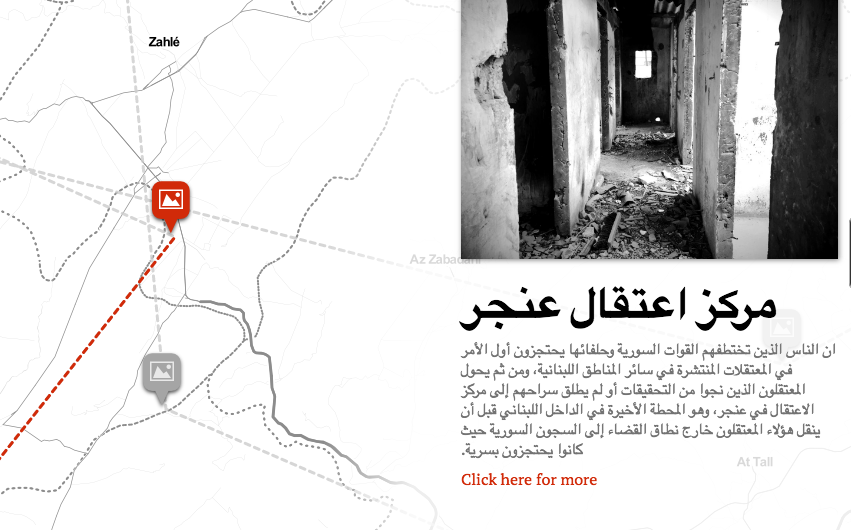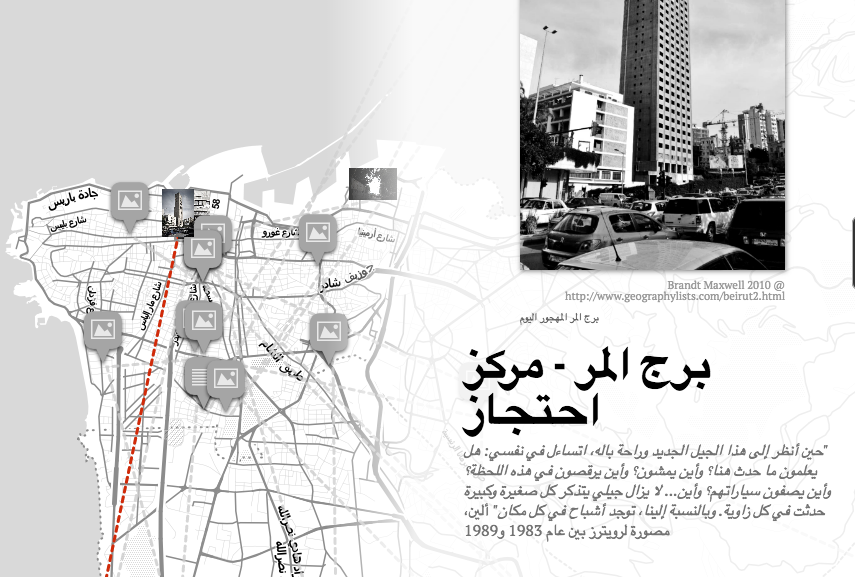The international community recognizes the inalienable right to know what happened to loved ones that have suffered atrocities in the context of war. Every family who has a relative disappear has the basic right to know that relative’s fate and whereabouts.
In 2012, a consortium of civil society organizations, including ACT for the Disappeared, proposed a draft law to the Lebanese Parliament for the creation of a national commission to investigate the fate and whereabouts of the missing and forcibly disappeared. Sadly, the bill remains stalled in parliament mainly due to a lack of political will among Lebanon’s ruling cadre.
With every passing day, the goal to achieve the right to know becomes increasingly unachievable. Key witnesses are growing old and passing away, taking vital information with them, while ongoing construction work in the country has destroyed key physical evidence such as mass gravesites.
We believe there is a critical need to act now. The International Committee of the Red Cross (ICRC) has fully appreciated the urgent nature of the situation and, in 2012, started collecting “ante disappearance data” (ADD) and Biological Reference Sample (BRS) from the families of the missing. The aim of developing this databank is to be able to identify human remains exhumed from potential gravesites. The ICRC has committed to handing over all ADD and BRS data that is collected to a future national commission established to clarify the fate of missing persons in Lebanon.
In 2014, to complement these efforts and to ensure the protection of the graves as well as the information related to what may have happened to the missing, ACT started its investigative project in coordination with the ICRC.
The objectives of the investigative project are as follows:
1. Collect information from witnesses and former combatants on the fate and whereabouts of the missing
2. Develop a database that contains information about the fate and whereabouts of thousands of missing and forcibly disappeared that can be handed over to a future national mechanism of investigation
3. Locate the sites of graves and protect them from destruction
4. Increase the capacity of the Lebanese authorities to manage skeletal remains
Act has committed to gathering and storing the information in an absolutely confidential manner and intends to responsibly hand over the data to an independent national investigative commission once formed.








